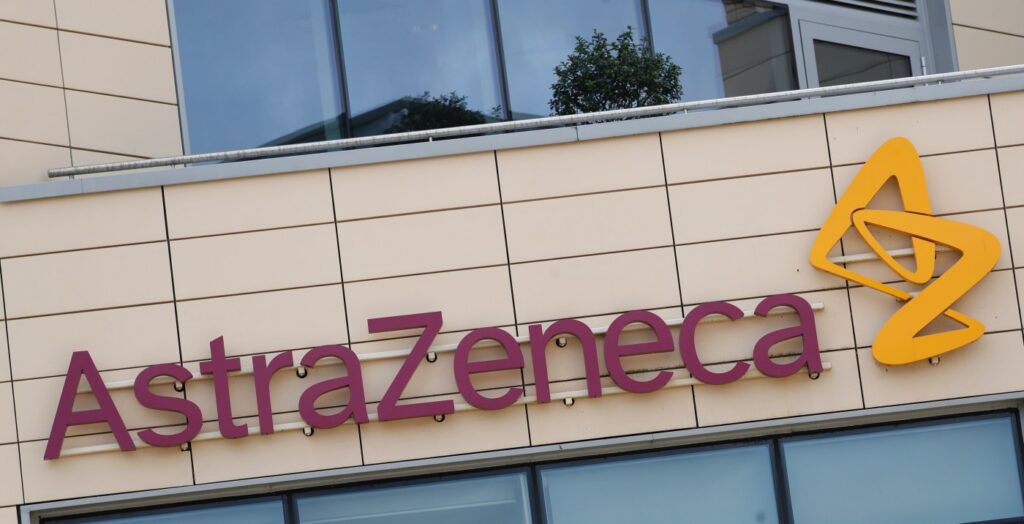I often hear Americans say they envy Europe’s healthcare systems. As someone who has lived under those systems my entire life, I can tell you: envy is misplaced. Europe’s experience with government price controls on medicines should serve as a warning, not an inspiration. Across Europe, governments dictate what companies can charge for medicines. It’s a policy rooted in good intentions, but has produced disastrous outcomes: fewer new treatments, slower access to new drugs, and a steep decline in research investment. The United Kingdom, once a powerhouse of biopharmaceutical innovation, now finds its laboratories shuttered and investments fleeing abroad. AstraZeneca canceled a $600 million expansion. Merck scrapped a billion-dollar research hub in London. Sanofi has frozen substantial research and development investment until the “commercial environment” improves. Why are the world’s leading biopharmaceutical innovators making their own Brexit? When governments decide what a drug is “worth,” innovation withers, and over time, entire sectors of medical research migrate elsewhere. For decades, that “elsewhere” has been the United States, the primary market that still rewards discovery and risk-taking. If America enacts “Most Favored Nation” price controls, tying U. S. drug prices to the artificially low levels set by European health ministries, it risks erasing that advantage overnight. Independent analysis from the University of Chicago shows that such a move could cut pharmaceutical R&D investment by up to 60%, resulting in hundreds of medicines never reaching patients. America’s Congressional Budget Office has warned the same: price controls lead inevitably to fewer cures. For patients, that means longer waits, fewer options and vanished hope. For the US, the consequences would extend even further. Europe’s retreat from biomedical innovation did not occur in a vacuum, and neither would America’s. As the West throttles its science, China is racing ahead. Beijing has declared biotechnology a “strategic emerging industry.” It now hosts more than 100 biotech research parks and 17 industrial clusters, and its firms have gained $300 billion in market value in just a few years. In a future pandemic or biothreat, dependence on China for critical drugs and vaccine components would be more than an economic liability; it would be a strategic vulnerability. Innovation is just as much a moral imperative for patients as it is a pillar of national security. Europe has lived this experiment, and the results are in: price controls shrink access, slow cures and surrender scientific leadership to nations willing to invest. Europe’s lesson for American policymakers is simple: You can have innovation, or you can have price controls, but you cannot have both. If America forgets that, it will find itself asking others for the cures it once created. Michael Jäger is the secretary general of the European Economic Senate/InsideSources.
https://www.bostonherald.com/2025/11/22/jager-u-s-cant-win-by-copying-europes-failures/
Jäger: U.S. can’t win by copying Europe’s failures

